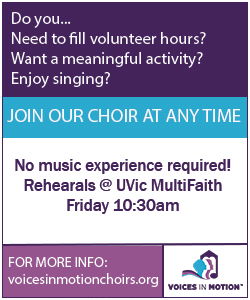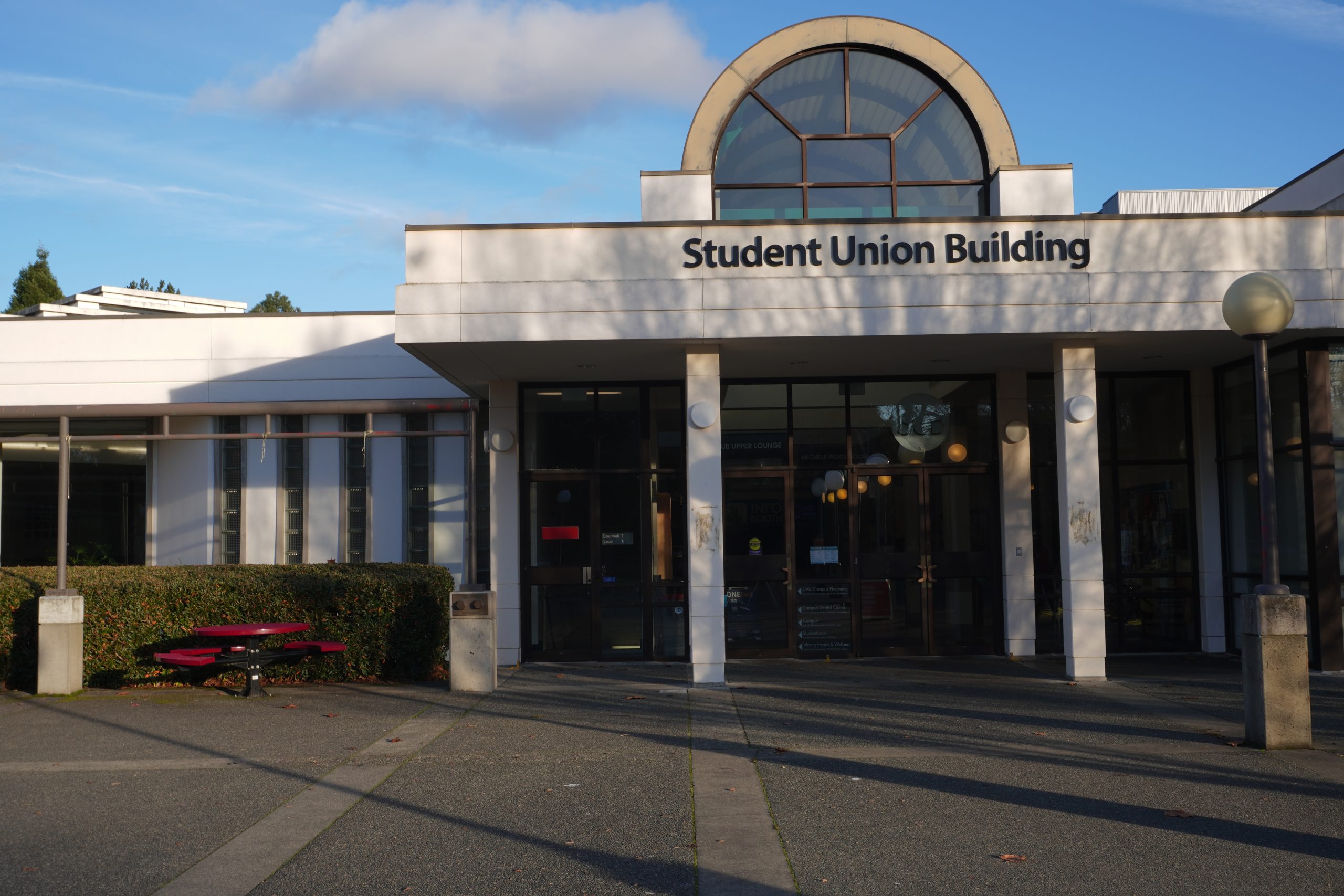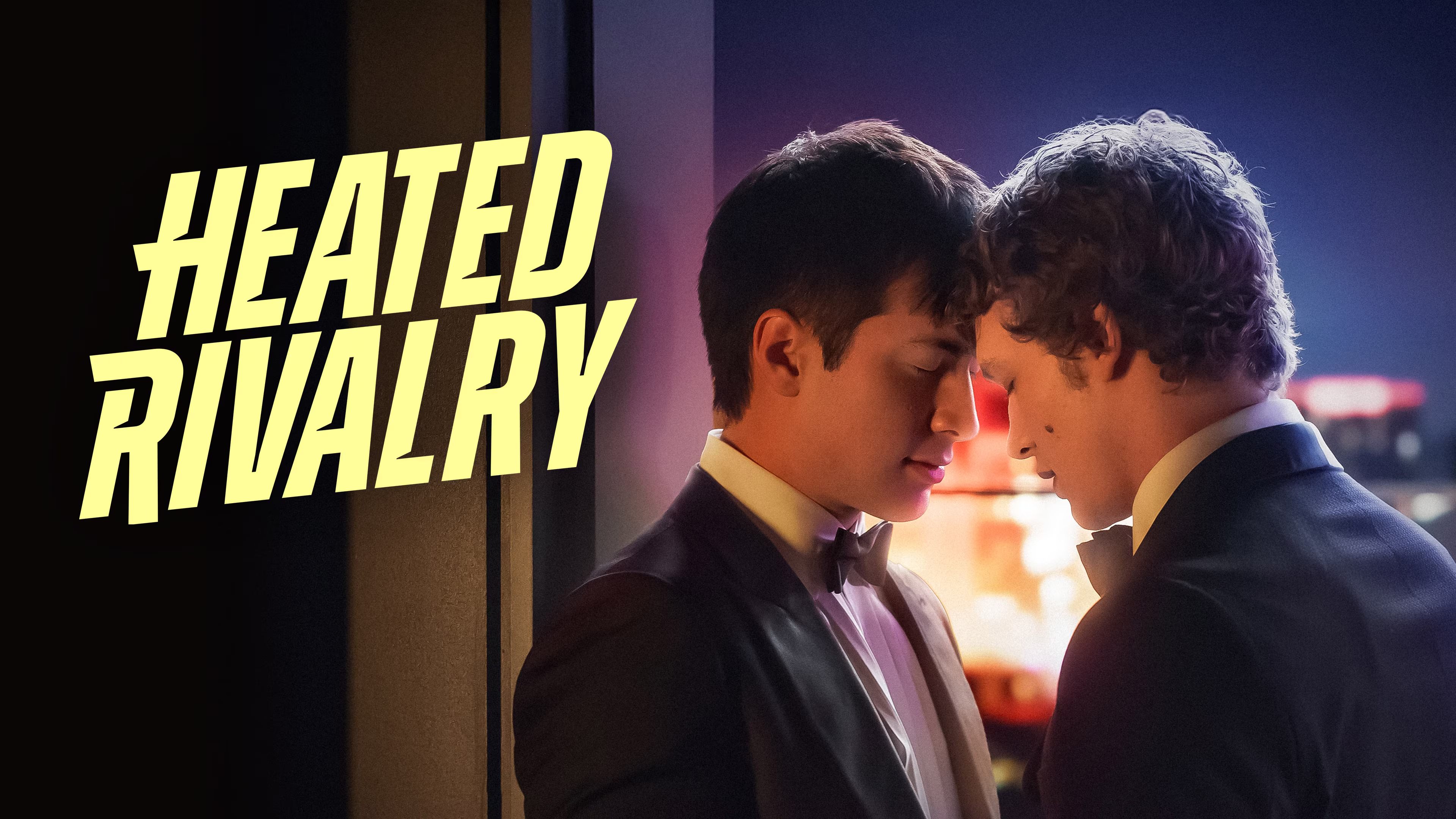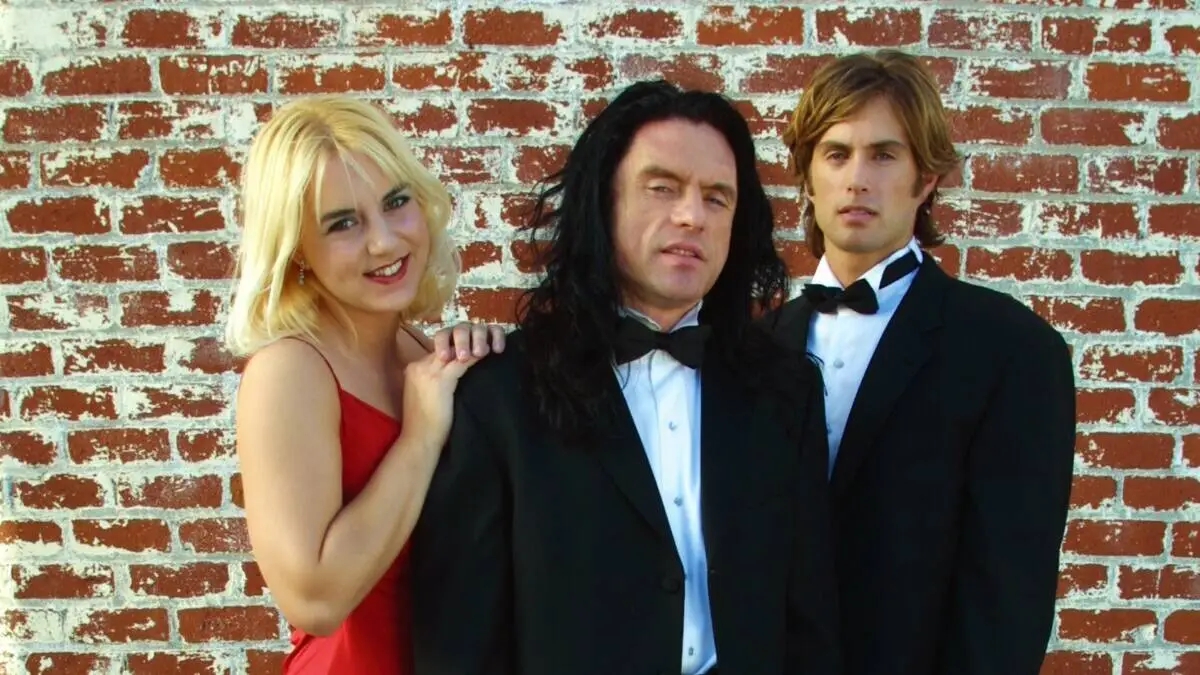David Foster was a UVSS director-at-large in 2011-12.
The UVic Students’ Society (UVSS) constitution states that the society’s purpose is to organize students democratically; advance students’ rights and representation; and provide services that supplement the learning experience and meet students’ needs. Unfortunately, the UVSS has rarely lived up to these high ideals. In reality, the society operates to redirect money from cash-strapped students, through compulsory membership fees, to provide generous salaries for a small clique of political insiders and their friends. This was true in 2001, when a former UVSS executive, Canadian Federation of Students executive, and NDP political staffer was hired as UVSS general manager, and it’s true today.
The total amount of student fees collected from a full-time undergrad at UVic is now over $140 for a standard school year. During your total time earning a bachelor’s degree, you’ll have paid enough in student fees to cover a whole extra course. What do you gain in return? The only concrete benefits most students see are an extended health plan that they may or may not use, a discounted bus pass, and, perhaps, the small food bank in the Student Union Building (SUB). But does the UVSS require anything close to the amount of money it charges us in order to provide these services?
Let’s look at the UVSS operations fund, the only student fee that is not restricted to a specific purpose or group. Your share is over $50 per year as full-time students ($888 893 net revenue to the society, based on the most recent audit). Around 40 per cent of this fee goes to the salary and benefits of only eight people: the five elected UVSS executives, the two senior managers, and the research and communications co-ordinator. The elected students usually have no special qualifications, and the general manager and research and communications co-ordinator have only bachelors’ degrees as their highest level of university education. The general manager earns around $90 000 per year in salary and benefits, the assistant general manager $75 000, each of the executives over $27 000 and the research and communications co-ordinator over $40 000. Meanwhile, some PhD students are employed in work study jobs at UVic for $11–15 per hour.
Still, with all these highly paid staff, shouldn’t the UVSS be successful and profitable? Sadly, this isn’t the case.
With low turnout in student elections (only around 20 per cent) and plenty of opportunities for incumbents to promote themselves and their friends in between (often at the cost of focusing on their jobs) a slate of radical leftist ideologues has dominated the UVSS since 2011. Current Director of Finance and Operations Matt Hammer is now running for chairperson. Over the past year, Hammer has demonstrated a poor understanding of both non-profit regulations and UVSS financial statements. Perhaps that is why his slate is not even running a director of finance and operations candidate.
In writing a deficit budget last year, Hammer claimed that the Canada Revenue Agency’s rules don’t allow non-profit societies to consistently budget surpluses. In fact, the CRA’s concerns have been about student societies running businesses at all, since they are not part of these non-profit societies’ purpose or mandate. UBC’s Alma Mater Society has dealt with the CRA by legally separating their businesses into an independent, for-profit organization. This also solves the bigger problem that Hammer ignores: the use of student fees to subsidize poorly run, money-losing businesses.
In fact, the SUB operations don’t really make money—despite positive revenue lines under individual businesses. After Board and Society-related expenses are paid, extra funds from the operations fee are included to eliminate the operational deficit (or make it appear smaller). Some businesses may look profitable on paper, but this is due to the UVSS’s eccentric accounting system, which shows only cost of goods and labour under individual businesses; the major costs of janitorial, utilities, accounting, and advertising are rolled into single line items for the entire building. When these costs are added to total business revenue, the result is a deficit of $134 134, based on last year’s audit, which is made up with 15 per cent of the operations fee. If senior management salaries are included, the total is $314 877, or 35 per cent of the operations fee.
Some portion of these costs could be attributed to the UVSS rather than the SUB (the Board has one medium-sized room divided into small offices, and the Board, clubs, and course unions use UVSS accounting and advertising services), but conversely, if the UVSS did not operate the SUB and contracted out for the small number of services, like accounting, that they still required, they’d probably be able to find cheaper options.
Failure to control costs, including management costs, is certainly an issue. But the simple reality is that SUB operations don’t make money because they don’t have to.
As long as the UVSS Board continues to receive hundreds of thousands of dollars a year from student fees with no strings attached, they can also give free rein to their political agendas and the interests of friends and insiders, instead of running the SUB in a financially sustainable manner. Decisions such as banning bottled water, previously one of the top-selling item in SUB vending machines, and some of the recent expensive remodelling (including changing the paint colour on SUB railings and lamp posts), would be approached with far more caution by a business owner who had to rely on his accumulated earnings or a bank loan.
But with the entire student body as their cash cow, the UVSS Board has no real reason to care. Director Hammer and Chairperson Kelsey Mech prefer to spend their time lobbying UVic to pull investments from oil companies (investments that contribute to scholarships for low-income and marginalized students) and collaborating on political campaigns with LeadNow, a left wing organization that consistently bashes the federal government on issues that have nothing do with post-secondary education. Meanwhile, a company employing the research and communications co-ordinator’s wife was hired to redesign the SUB—and the research and communications co-ordinator himself sits on the committee responsible for SUB renovations and, in the meetings I attended, participated in discussions including how much design work was needed.
In order to protect students’ money from being used inappropriately, it would make sense to legally separate our SUB into an entity that doesn’t run on student fees, as UBC has done. The remainder of the UVSS could be reduced to what is necessary to administer the health plan and bus pass program—no paid executives, two or three staff—and do some modest university and government lobbying on post-secondary education issues. UVSS fees could then be lowered about 90 per cent, giving back close to $50 per student per year.
Unfortunately, we’re unlikely to see such sweeping reform from any of the current crop of student politicians in the upcoming election. However, it’s worth the 30 seconds required to log on and cast a vote for anyone besides the incumbent slate, which has shamelessly continued the UVSS tradition of acting as “Robin Hood in reverse”— taking from average students to provide make-work and salaries for themselves and their friends and insiders.







